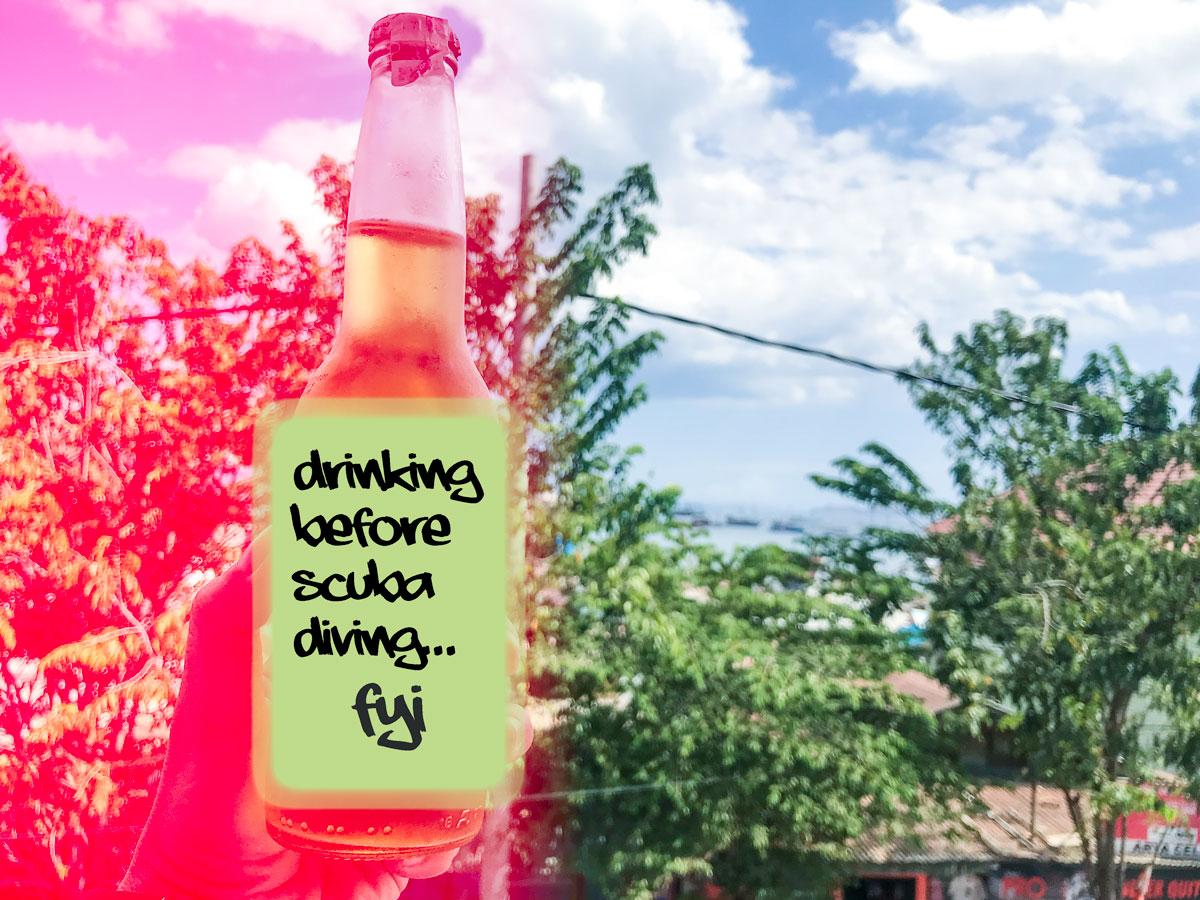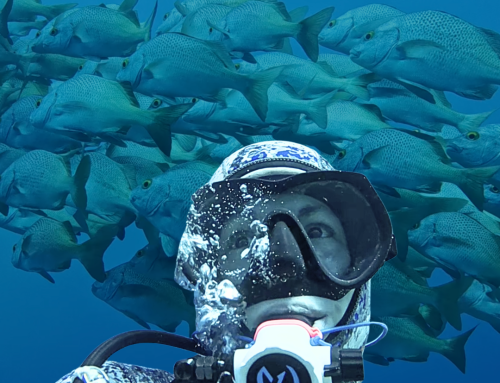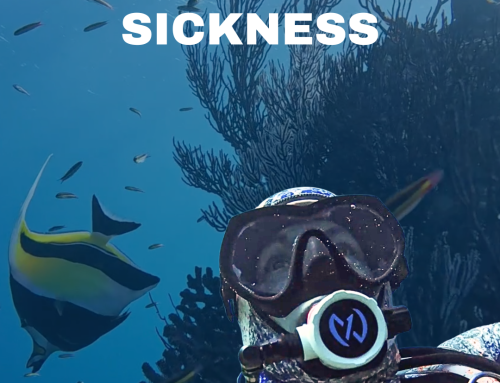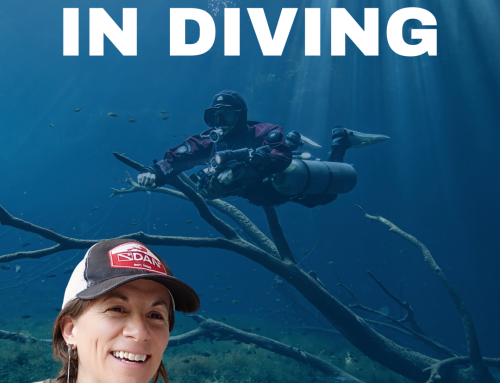You’re finally on vacation and ready to relax from your busy, responsibility-laden life. Someone suggests an alcoholic beverage, but you think twice. You are super excited to fill your vacation with fun scuba diving adventures in a beautiful location and don’t want to let anything get in the way of that.
Although light or moderate drinking has not been scientifically linked with diving accidents, common sense and physiology knowledge has given the diving community a good idea of the harms of drinking before scuba diving.
Drinking immediately before scuba diving
It is rare, but some particularly ‘big time partiers,’ have tried to go scuba diving immediately after drinking. These people should not be allowed on the dive boat and as a rule, their diving should be cut off for the day.
The reason? Alcohol impairs your judgment. Even just one beverage. It is also generally thought that because alcohol encourages vasodilation (the dilation of blood vessels) that you may absorb more nitrogen than planned during the dive.
Quick Points:
- You as a diver have a choice in whether you want to be paired with someone behaving irresponsibly as a buddy.
- The dive shop should also be strict on their safety protocols in order to avoid alcohol related accidents.
Drinking the night before scuba diving
You probably know many scuba divers who are avid drinkers and you wonder, is that really safe? Are those divers more susceptible to DCS? The short answer is… probably. The information available concerning drinking and DCS is mostly speculative but is based on some pretty sound judgments about the physiology of divers.
The most immediate change: your hydration
Alcohol dehydrates you. It is said that if you are just a light to moderate drinker that your body will find hydration balance again quickly. As such, this type of drinking shouldn’t have much effect on your susceptibility to DCS, but of course, this will depend on the diver’s physiology.
However, if you are a regular, heavy drinker, this could be an issue.
What happens in dehydration? The amount of blood that is pumped through the body decreases and the flow gets restricted. This means that the body is not as capable of handling efficient nitrogen elimination. There is also a chance that any bubbles in the blood could accumulate and get bigger, thus causing DCS.
Hangovers for days
If you have gone to a party place with lots of diving, you have more than likely heard,
“Come on, once you get underwater, your hangover will go away.”
Although some people have found that diving will relieve the discomforts after a night of drinking, is that really a good choice? After all, scuba diving is an adventure/adrenaline sport so not taking care of your body means that you will be putting unnecessary stress on your system. Heart attacks are the number one cause of diver death so if you are already predisposed to heart problems, avoiding alcohol is a good idea.
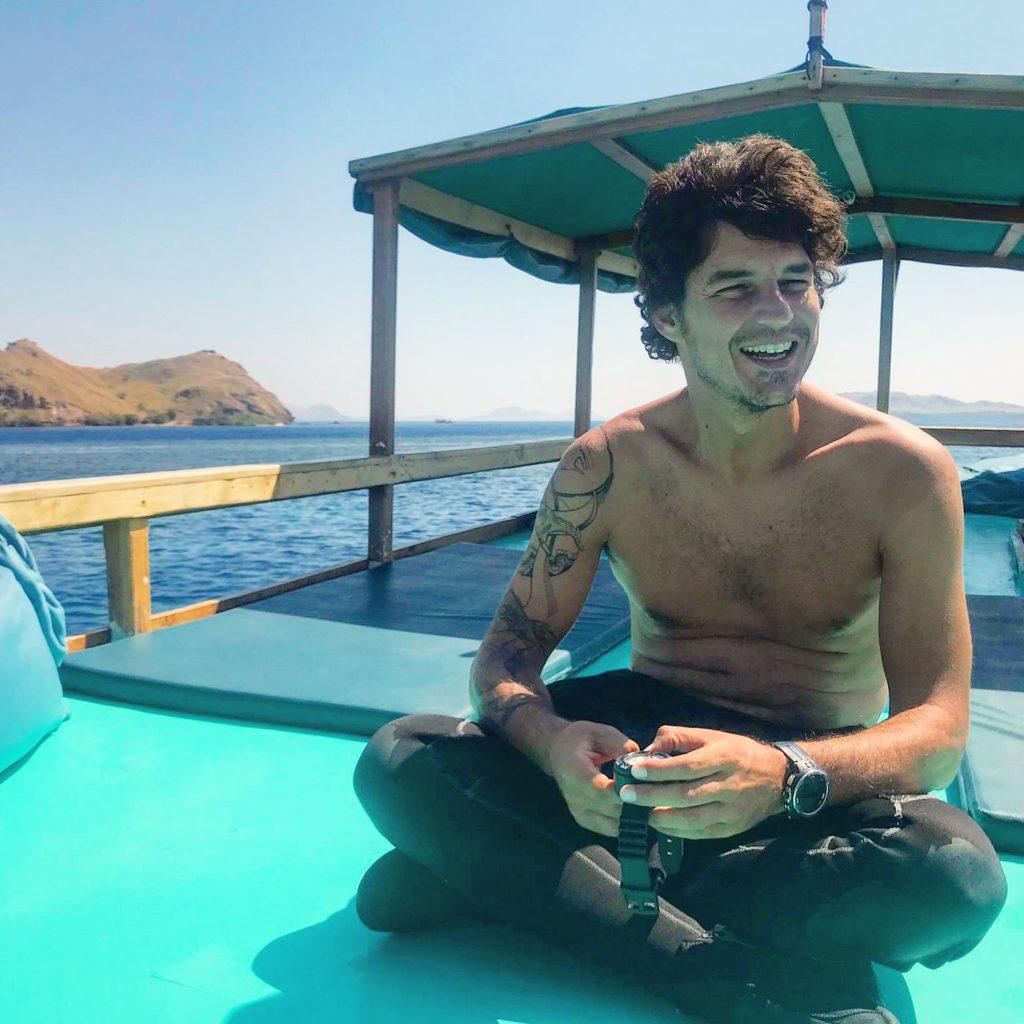
Be a responsible diver and avoid drinking before scuba diving
Remember, regardless of whether scientific studies show that alcohol hurts you while diving, it makes sense that it doesn’t help you in any way. Outside of diving, it is common knowledge that booze harms your health. Therefore, you can assume that diving is no exception. Your health should be your number one concern before jumping into the water.
Sarah Miller
PADI IDC Staff #320212
Azul Unlimited
Enseñamos a buceadores responsables y protectores del océano. La marca está dirigida por la instructora del personal de PADI IDC, Sarah Valdez, quien enseña buceo en persona y en YouTube. Ahora viaja por los EEUU y México en su furgoneta buceando en lugares nuevos y diferentes. Sigue sus aventuras en YouTube, Instagram, Facebook y TikTok o únete a la comunidad de buceo Azul en Patreon.
Azul Unlimited está asociado con Azul Komodo, un centro PADI IDC en Labuan Bajo, Indonesia, que ofrece viajes de buceo diarios al Parque Nacional de Komodo. ¡Pónte en contacto directamente con su equipo para vivir una experiencia inolvidable buceando en uno de los mejores destinos de buceo del mundo!






